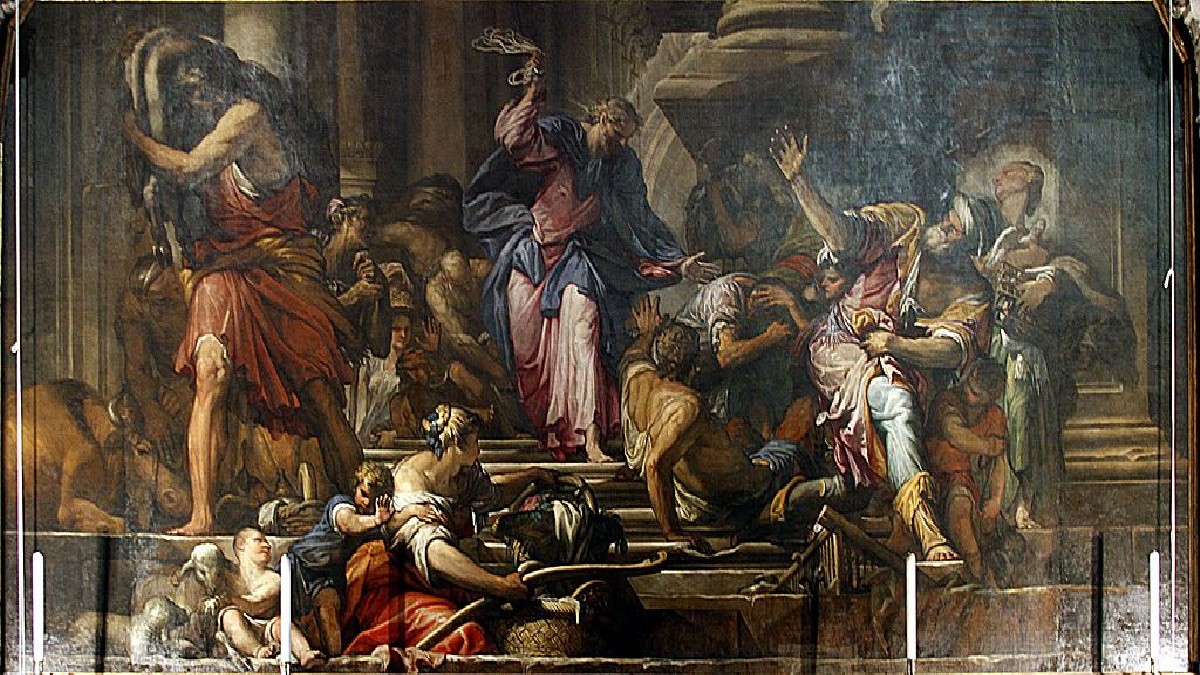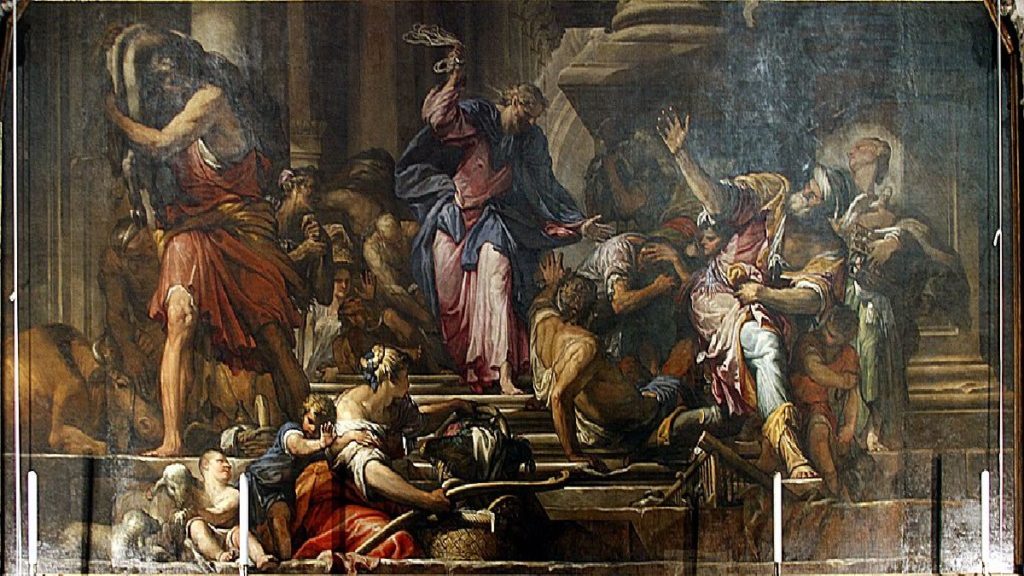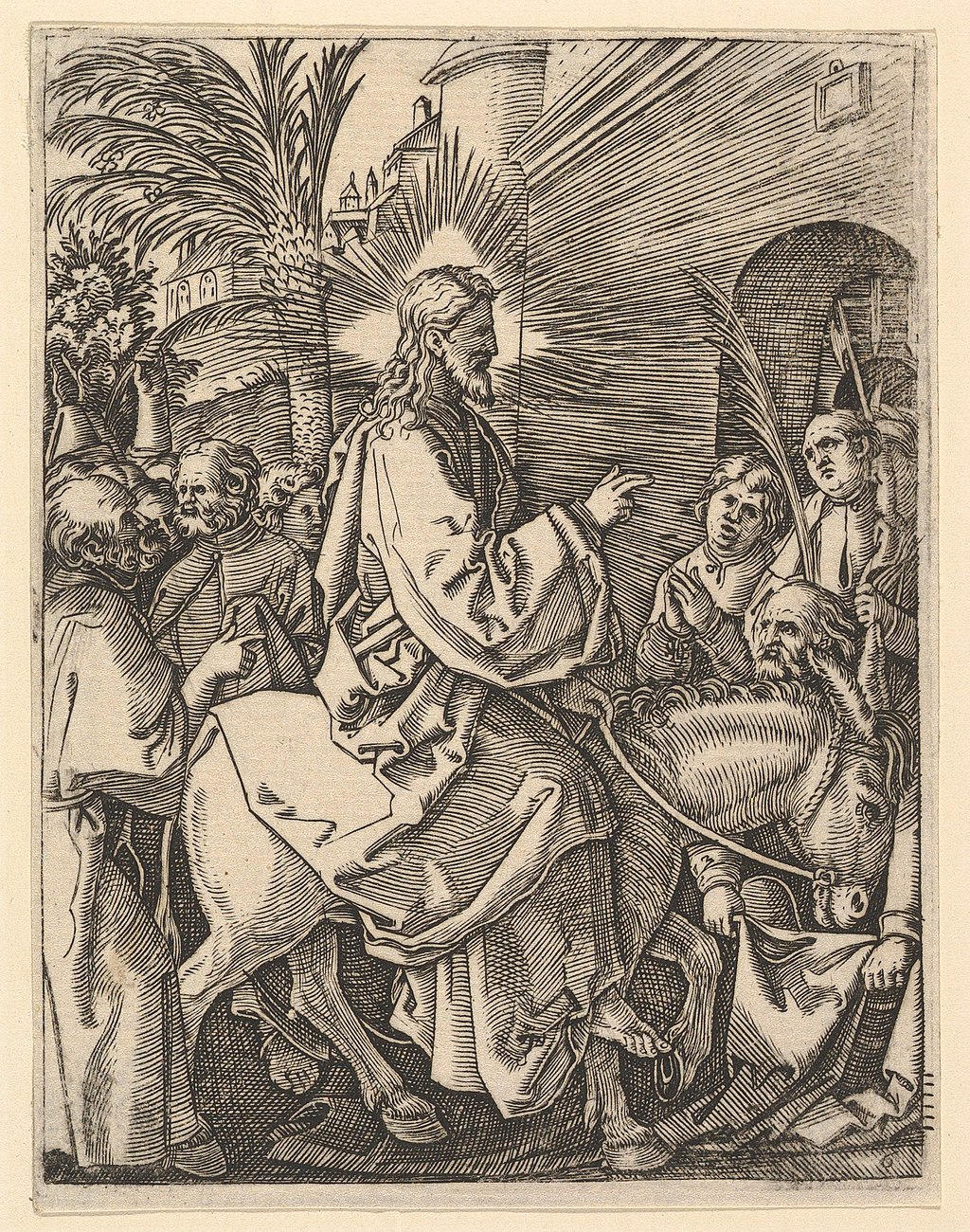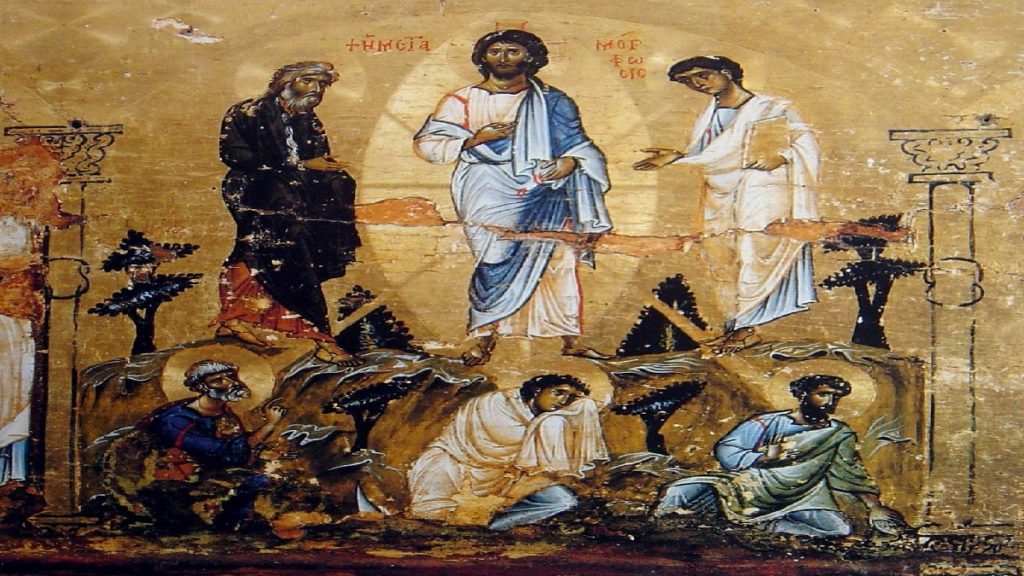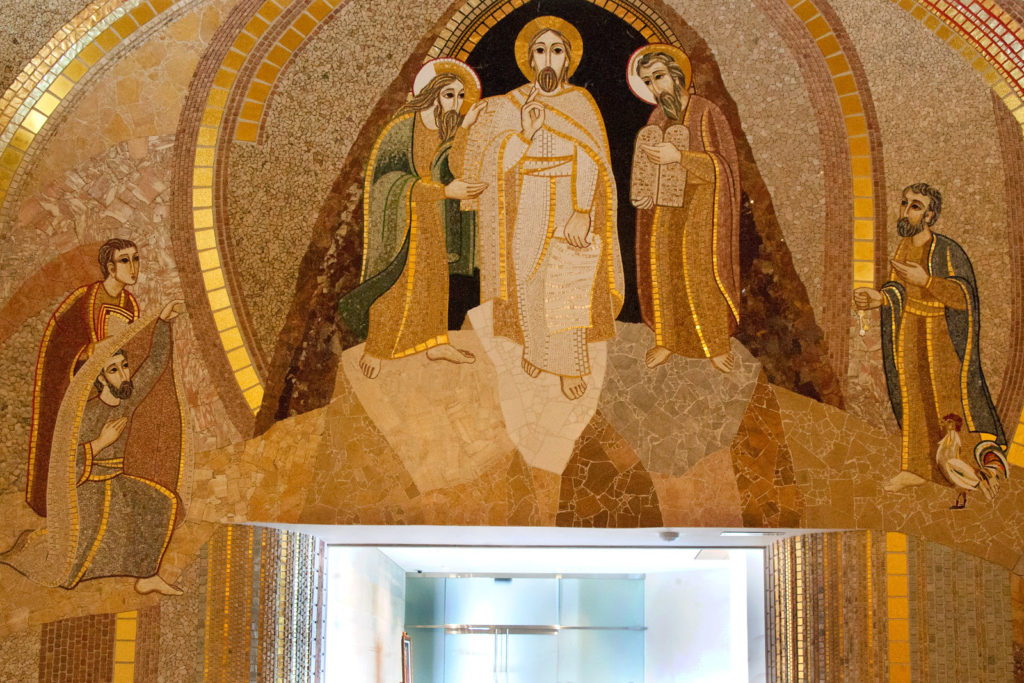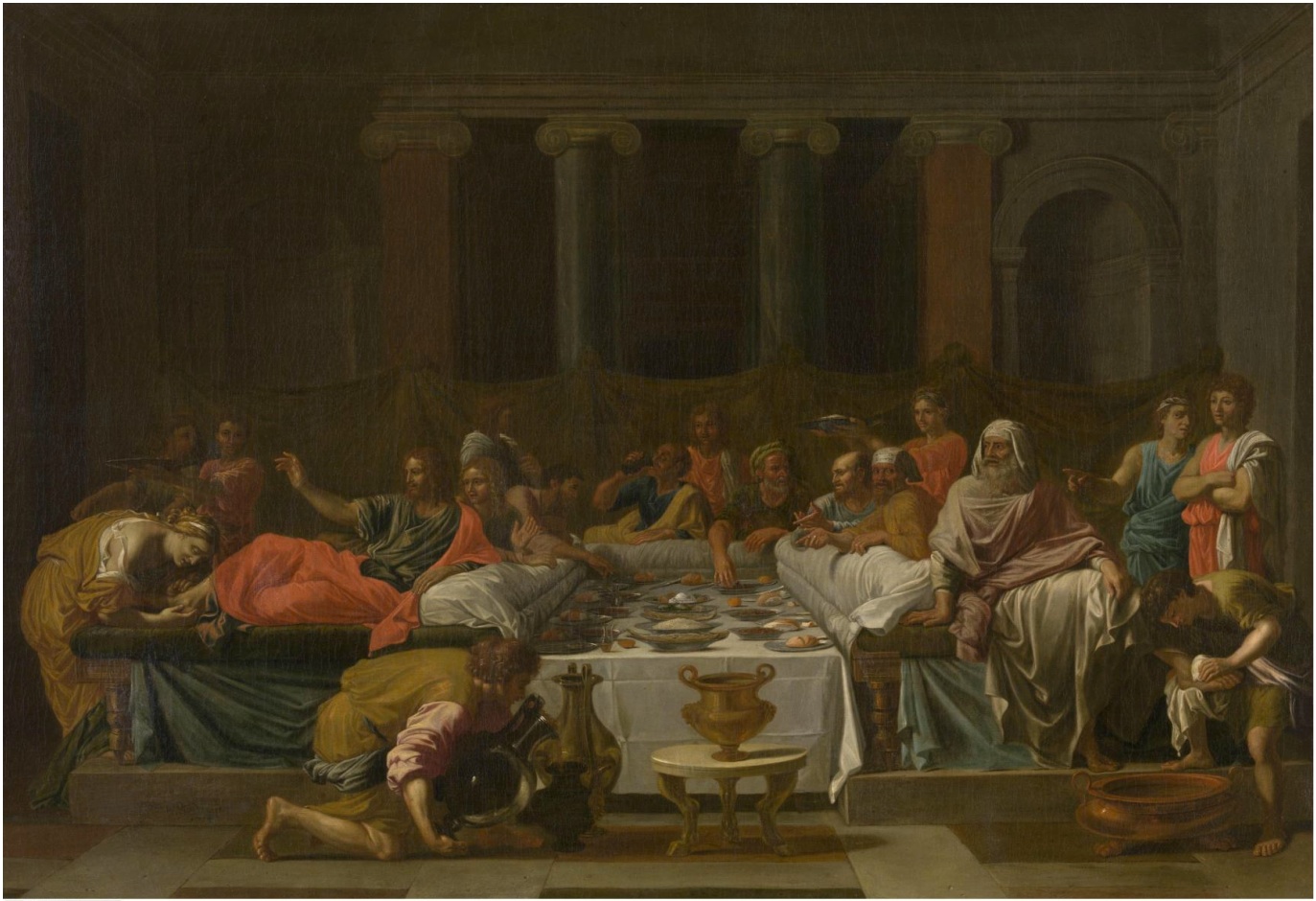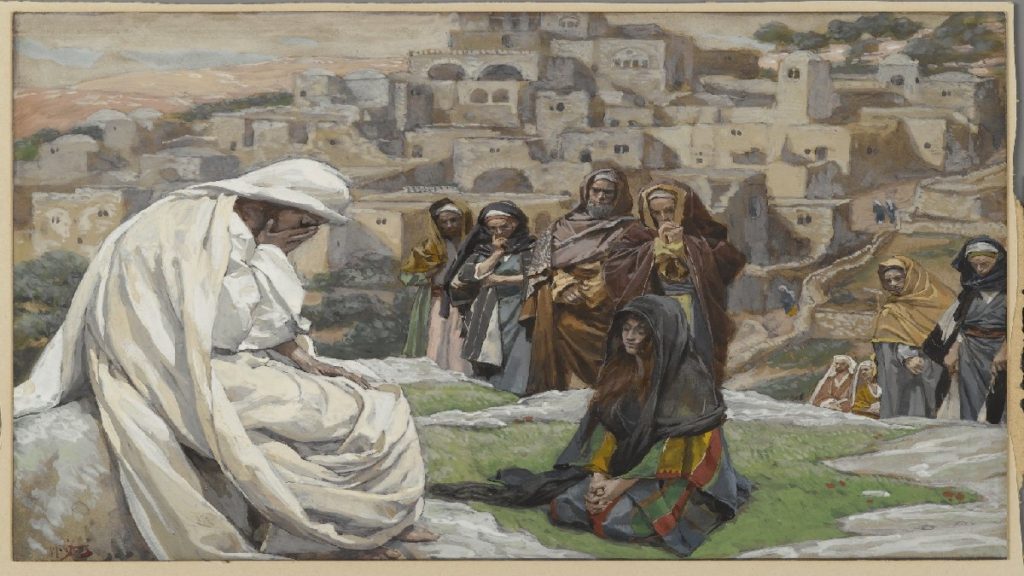
@johnvinod | March 31, 2021
Please begin today by reading Luke 19: 41-44. During the last days of Jesus, also known as the passion week, he stayed a stone’s throw from the city of Jerusalem. It is believed that the family of Lazarus, Mary, and Martha hosted him in their home in Bethany. From there, it appears that Jesus walked to the temple almost every day to teach to whoever would care to listen. On one such trips, as Jesus approaches a ledge on a rocky road, he is greeted by a magnificent panoramic view of the city of Jerusalem situated on the mount Zion. What happens next is one of the most poignant moments in Jesus’ life during the passion week. Only Luke recorded it for us writing without comments, “As [Jesus] came near and saw the city, he wept over it” (Luke 19: 41 NRSV).
Luke uses a strong word, which is more than just shedding tears, as the term often conveys inconsolable sobbing. It could also be translated “he mourned over it,” which could mean weeping with a loud voice or bursting into tears. We are not told how long Jesus wept or how hard he mourned. But let us pause for a few moments and let this sink in… Jesus Christ, the Creator, the Messiah, the Lord, and the Savior, sobbing, lamenting, over his own city/nation. A young man, surrounded by a band of twelve adult men, weeping with a loud voice.
This is particularly sobering to read in the context of the raising of Lazarus from the dead and the crowds shouting hosanna and hallelujahs on the day he rode into Jerusalem. Because of raising Lazarus from the dead, many Jews now believed in him (John 11:45; 12: 11). And he was receiving much praise, adoration, name and fame, more than ever before. Nevertheless, this did not matter much to Jesus, as he knew the same crowds would soon be screaming “crucify him”! Therefore, instead of celebrating, Jesus inconsolably wept…. He was weeping over his people and his nation.
In the tears of Jesus was distilled an eternity of God’s grief over his people whom he had chosen, provided, and protected, but who rejected him when he came to them. If you and I were to travel the same road today, I am pretty sure we would weep, too. Because watching from the same ledge today, you would look, but you will not find the temple anymore! In its place, there is a shrine called the Dome of the Rock located on the temple mount.
As a prophet, Jesus foresaw their future and he wept. Then he went on predicting what would happen to the temple mount in the coming days:
“If you, even you, had only recognized on this day the things that make for peace! But now they are hidden from your eyes. Indeed, the days will come upon you, when your enemies will set up ramparts around you and surround you, and hem you in on every side. They will crush you to the ground, you and your children within you, and they will not leave within you one stone upon another; because you did not recognize the time of your visitation from God” (Luke 19: 42-44 NRSV).
Jesus’ prophecy came to fulfillment in 70 AD when a Roman general, Titus, laid siege to Jerusalem during the Passover Festival. His armies devastated the city, killing at least a million Jews and enslaving others.
Jesus wept over a friend’s death, but he was able to raise Lazarus from the dead by calling him out from his grave.
Jesus also wept over his nation’s spiritual death, but he was unable to revive it, because they would not obey when he called them out of their slumber.
Today, how about you and me? How about our churches? Would we heed his words and his tears? Today, what is he calling us from? What is Jesus calling us to do? Let us pray that we would listen and obey. Amen.

Leave a Comment

